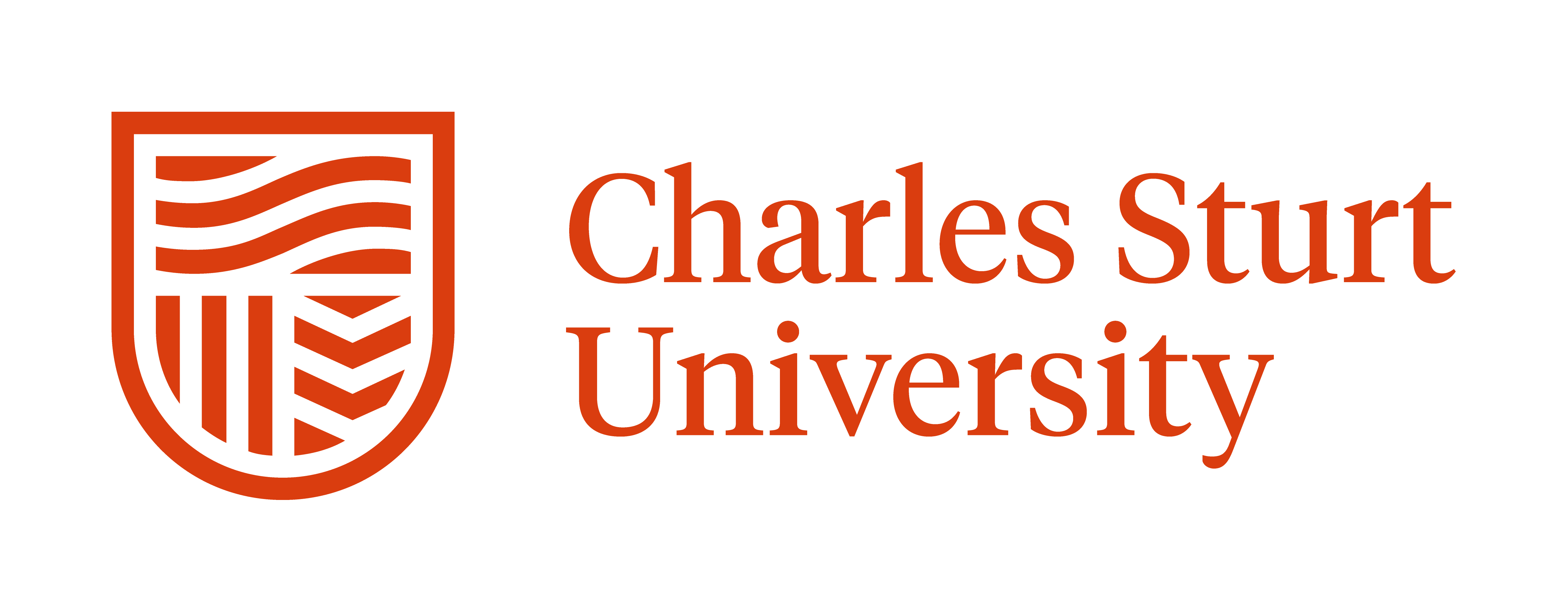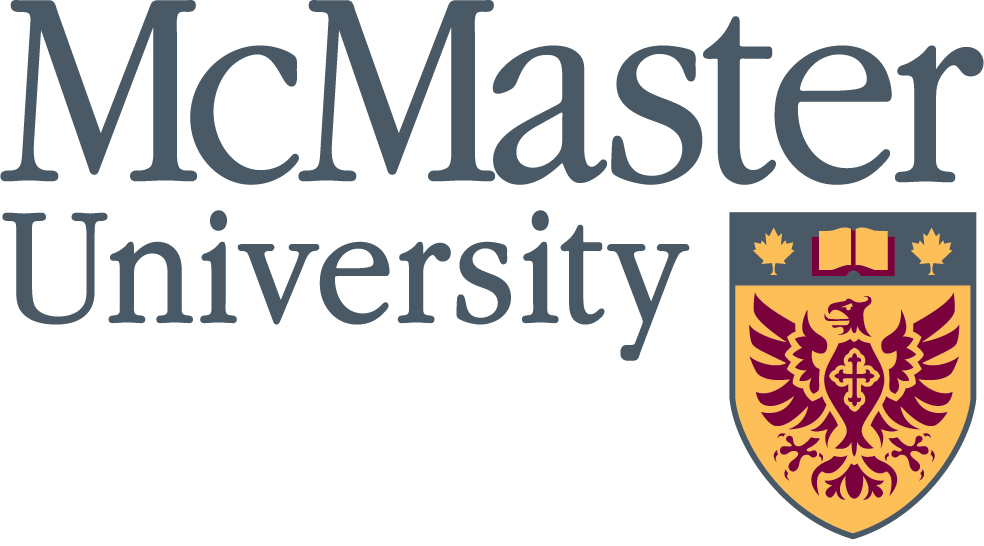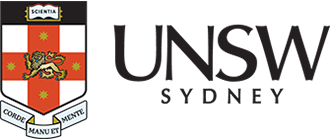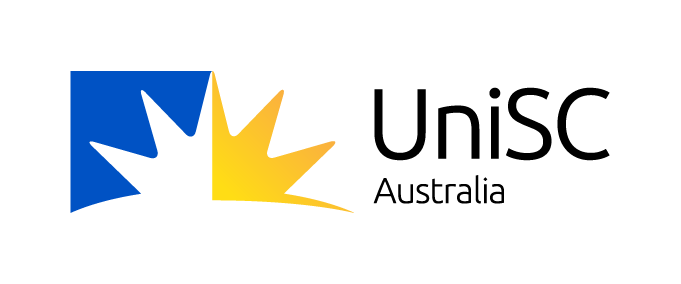Research and development
A pilot study of ORICL and the use of the tool in early education and care (ECEC) settings was completed in 2017-2019. This pilot study included 12 ECEC services across 4 states in Australia, including a range of family day care and long day care services. Across these services 21 educators each used ORICL to observe between 1 and 5 children each. In total there were 66 children aged between 7-33 months involved in the study.
The findings suggest ORICL appears to be an acceptable and useful tool with a strong potential to stimulate and enhance practice with children aged under 3 years.
Future directions: Pending is a large-scale implementation study for 2023-2025, which will include a more diverse sample to evaluate the utility and effectiveness of ORICL.
ORICL Research Brief
This research brief provides an overview of the recent pilot study including the findings and the proposed future directions: ORICL Research Brief
ORICL publications
Elwick, S., Wong, S., Harrison, L., Williams, K.E., McFarland, L., Dealtry, L., & Janus, M. (2023). Feasibility and potential benefits of the Observe, Reflect, Improve, Children’s Learning (ORICL) tool: Perspectives of infant-toddler educators. Australasian Journal of Early Childhood. DOI: 10.1177/18369391231186169 Open Access link: https://journals.sagepub.com/doi/10.1177/18369391231186169
Williams, K., Janus, M., Harrison, L., Wong, S., Elwick, S., & McFarland, L. (2023). Feasibility and initial psychometric properties of the Observe, Reflect, Improve Children’s Learning (ORICL) tool for early childhood services: A tool for building capacity in infant and toddler educators. Australasian Journal of Early Childhood. DOI: 10.1177/18369391231194374 Open Access link: https://journals.sagepub.com/doi/10.1177/18369391231194374
ORICL conference presentations
Below you will find a range of conference presentations about our research and development.
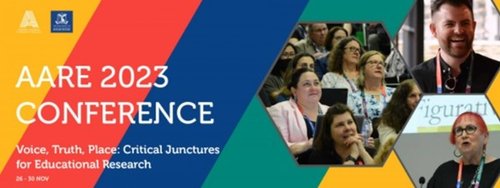
The Australian Association for Research in Education (AARE), 26 - 30 November, Melbourne: Enriching educational practice through the Observe, Reflect, Improve Children’s (ORICL) tool for infant-toddler educators. Presenters: Dr. Sheena Elwick and Prof. Linda Harrison.
Abstract: Quality infant-toddler pedagogy and practice is a significant challenge for Australia’s early childhood education (ECE) sector. By the age of 2 years, 59% of Australian children attend a long day care (LDC) or family day care (FDC) service for up to 30 hours per week. Despite overwhelming evidence that the first 2 years is a critical period for children’s learning, development and wellbeing, and that high quality ECE benefits child outcomes, infant-toddler educators in Australia only require a Certificate-level qualification and report a lack of preparedness for providing high-quality ECE for this age group. This presentation outlines an Australian Research Council Linkage Project that aims to provide infant-toddler educators with opportunities to develop specialist knowledge and skills, including skills of observing and reflecting upon the context within which individual children are learning and developing, to stimulate enhanced ECE practice for our youngest citizens. Building on ground-breaking pilot work demonstrating the initial acceptability and usefulness of the ORICL tool, the project’s multi-disciplinary team in collaboration with 11 ECE Partner Organisations will test ORICL’s capabilities as a digital tool to guide and upskill infant-toddler educators; ORICL provides a validated set of domains and stimulus items that are aligned with the Early Years Learning Framework (EYLF). The project will also interrogate the social validity of ORICL using principles of implementation science; conduct rigorous psychometric testing of the ORICL domains from a large dataset of child observation records collected via the project’s custom-built, secure data collection portal; and co-design a Practice Quality Codebook and Rubric for evaluating pedagogical practice and change over time. These three components will occur concurrently over a 2-year period of data collection involving 130 LDC/FDC services across regional and metropolitan areas of NSW, VIC, QLD, WA, SA, ACT. Expected outcomes include: (1) generation of the evidence needed to assess the uptake and impact of ORICL, its usefulness as a professional learning resource, and its coherence and reliability as a measure of infant-toddler learning experiences; (2) advanced knowledge of infant-toddler pedagogy and practice that will support evidence-based local and/or system-wide innovations and policies to improve the quality of ECE for infants and toddlers; and, (3) a rubric for assessing practice and practice improvement with demonstrated links to the EYLF and the National Quality Standards, based on educator-produced evidence of practices and communication with families.
AARE Conference 2023 Presentation Slides
2023 Early Childhood Australia National Conference, 4-7 October, Adelaide: Observe Reflect Improve Children's Learning (ORICL): a tool for infant-toddler educators Presenting Authors: Prof. Linda Harrison and Dr. Sheena Elwick.
Abstract: The provision of consistent, high quality pedagogy and practice for children under 3-years is a significant challenge for Australia’s early childhood education sector. Educators report not receiving enough training on the developmental and pedagogical needs of infants and toddlers, and limited access to professional development supporting them to provide quality experiences for this age group. The Observe Reflect Improve Children's Learning (ORICL) tool (www.oricl.org) has been designed to meet this gap.
ORICL is aligned with the 2023 Update of the Early Years Learning Framework (EYLF V2.0) to support educators’ awareness of infant and toddler relationships, wellbeing, learning and development. The six domains and 118 items of the ORICL tool match and illustrate specific aspects of the EYLF Learning Outcomes. The use of ORICL supports educators to attune to and engage with each child’s unique connections, competencies and curiosity, promoting the practice of relational pedagogy within their day-to-day interactions with very young children (Barblett et al., 2021).
The authors have been awarded an Australian Research Council Linkage Project, supported by 11 Partner Organisations, including Early Childhood Australia, to evaluate ORICL in centre- and family day care-based settings in 2023-2025. This paper focuses on preliminary research, supported by grants from the Foundation of Graduates in Early Childhood Studies and Macquarie University, to understand educators' experiences of using the on-line version of the ORICL tool. In addition to hearing about the findings of this study, participants will also have the opportunity to reflect on their own observations of young children in their care to review selected items from the ORICL domains. Discussion will focus on the ways that directed, thoughtful observations can stimulate deep reflection and generate improved planning for children under 3-years.
ECA Conference 2023 Presentation Slides
WAIMH: 18th World Congress for the World Association for Infant Mental Health, Dublin, Ireland, Tuesday 18th July: Educator assessment of children’s learning experiences with the Observe Reflect Improve Children’s Learning (ORICL) tool.
Prof. Linda Harrison, Dr. Sheen Elwick, Dr. Belinda Davis, Cathie Nielson, Dr. Magdalena Janus.
INTRODUCTION
It is widely accepted that the first two years of life are critical to positive life trajectories, yet there is much room for improvement in the provision of education and care (EC) services for infants and toddlers. To provide a high-quality EC program requires specialist knowledge and skills to observe, reflect on and interpret very young children’s behaviour and communication; effective planning to consolidate and extend learning; facilitation of children’s engagement with the social and physical environment; and accurate documentation to track and communicate learning progress. High-quality EC is supported by well qualified staff, but in Australia educators only require a Certificate-level qualification.
AIM
The Observe, Reflect, Improve Children’s Learning (ORICL) digital tool was co- designed to enhance the capacity of infant-toddler educators to notice, record, and interpret the day-to-day interactions, relationships, and learning experiences of very young children in EC settings.
MATERIAL and METHODs
The ORICL digital tool includes 118 stimulus items to prompt assessment of children’s behaviour and interactions across six domains that are aligned with the Early Years Learning Framework for Australia: 1 Identity, Belonging, Sense of Self, Family and Culture; 2 Connectedness with Others; 3A Emotional Wellbeing; 3B Physical Wellbeing; 4 Constructing Knowledge and Understandings; 5 Communication. Its use in EC settings is being facilitated by 11 Partner Organisations and funding from the Australian Research Council. Educator provided child data records and interviews about the effectiveness of ORICL to support program planning will be presented.
CONCLUSIONS
The evaluation of educators’ use of the ORICL in a recurring cyclical process of observation and planning for individual children will provide the groundwork to trigger significant and sustained improvement in pedagogy and practice for infant-toddler education and care.
Family Day Care Australia 2022 National Conference, Hobart, 15-17 September 2022: Observe, Reflect, Improve Children's Learning (ORICL): A new tool for infant-toddler educators to enrich children's learning.
On the weekend of the 15-17 September 2022 Family Day Care representatives and key stakeholders came together to connect and discuss key issues that are impacting the sector.
ORICL team representatives Dr Sheena Elwick, Professor Linda Harrison and Professor Sandie Wong presented an interactive workshop where they shared and invited discussion about the potential use of the Observe, Reflect and Improve Children’s Learning (ORICL) tool.
The ORICL tool has been co-developed by a panel of 20 early childhood education experts across Australia, including professionals, policy-makers and providers and trialled as a paper version in family day care and long day care services. At the Family Day Conference over 70 participants attended the discussion on this vital tool to enrich children’s learning and were provided with an opportunity to view the online version of the tool and consider the use of the ORICL items in practice.
26th Biennial Meeting of the ISSBD. International Society for the Study of Behavioural Development, Rhodes, Greece, 19-23June 2022: Observe, Reflect, Improve Children’s Learning (ORICL) tool for infant-toddler educators: Development and research findings to date.
Williams, K.E., Janus M., Harrison L.J., Wong S., Elwick S., McFarland, L.
Towards improving the worlds of children under 3: Innovations in measuring development, home, and childcare experiences: This symposium brought together latest innovative research on newly established instruments focused on children under 3 years of age, including Observe, Reflect, Improve Children’s Learning (ORICL), a measure of child experiences in early childhood care.
Early Childhood Australia National Conference, 6-9 September 2021: ‘ORICL: A new tool to improve practice for children birth to two years.’
This 30-minute presentation led by members of the research team Linda Harrison, Kate Williams & Sheena Elwick provides an overview of the ORICL tool and its relevance to the early childhood sector in improving quality children's learning experiences.
European Early Childhood Education Research Association Conference, Thessaloniki, Greece, 20-23 August 2019:
Mulhearn, G., Elwick, S., Harrison, S., Wong, S. and Williams, K. (2019). ‘ORICL: Evaluating the effectiveness of a new educator reflection tool for working with children under 3.’ European Early Childhood Education Research Association Conference, Thessaloniki, Greece.
European Early Childhood Education Research Association Conference, Budapest, August 2018
Harrison, L., Mulhearn, G., Janus, M., Wong, S., Elwick, S., McFarland, L. and Williams, K. (2018). ‘Co-development of an educator reflection and assessment tool for children under-3. European Early Childhood Education Research Association Conference, Budapest
70th OMEP World Assembly and Conference: Conditions of early childhood education today: a foundation for a sustainable future; Prague, Czech Republic, 25-29 Jun 2018
Janus, M., Harrison, L., Wong, S., McLeod, S., Elwick, S., Alexander, W., Mulhearn, G. and Williams. K (2018). ‘Investigating new approaches to child assessment and educator reflection on practice in early childhood education and care services for children under 3.’ 70th OMEP World Assembly and Conference. Prague, Czech Republic.
25th Biennial Meeting of the International Society for the Study of Behavioural Development. Gold Coast, Australia, 15-19 Jul 2018
Janus, M., Harrison, L., Mulhearn, G., Sumsion, J., Wong, S., Elwick, S., McFarland, L., Williams, K. E. and Alexander, W. (2018). ‘Convergence of multiple perspectives on achieving optimal early childhood environments for development and learning for children under 3.’ 25th Biennial Meeting of the International Society for the Study of Behavioural Development. Gold Coast, Australia Conference Poster

